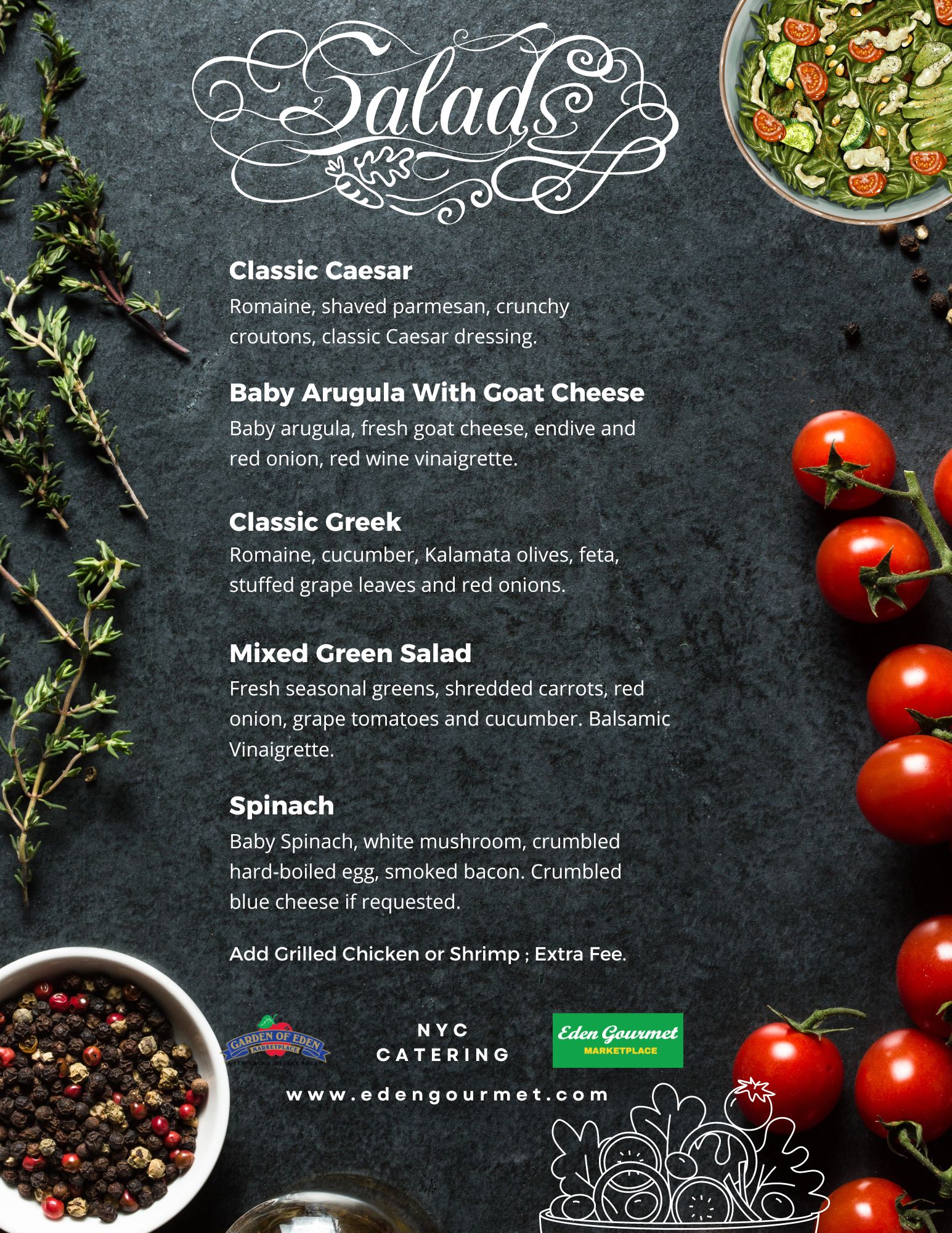Share This Story, Choose Your Platform!
Olive oil has long been a staple in Mediterranean cuisine, and its health benefits have been celebrated for centuries. From its impact on cholesterol levels to its antioxidant properties, this liquid gold has been shown to have a transformative effect on overall well-being. In this article, we will delve into the various health benefits of olive oil, and its connection to the Mediterranean diet, and provide tips and tricks for cooking with and selecting the best olive oil for optimal health.
The Nutritional Powerhouse: Unveiling the Healthful Components of Olive Oil
Olive oil is rich in monounsaturated fats, which have been shown to have a positive impact on heart health. These fats help to reduce LDL cholesterol levels, also known as the “bad” cholesterol, while increasing HDL cholesterol levels, or the “good” cholesterol. This balance is crucial for maintaining a healthy cardiovascular system and reducing the risk of heart disease.
In addition to its healthy fats, olive oil is also packed with antioxidants. These powerful compounds help to protect the body against oxidative stress, which can lead to chronic diseases such as cancer and Alzheimer’s. One particular antioxidant found in olive oil, called oleocanthal, has been shown to have anti-inflammatory properties similar to ibuprofen. This makes olive oil a natural and effective way to reduce inflammation in the body.
From Heart Health to Brain Function: How Olive Oil Boosts Overall Well-being
The benefits of olive oil extend beyond heart health. Research has shown that the consumption of olive oil is associated with a reduced risk of stroke, as well as improved cognitive function and memory. The monounsaturated fats in olive oil help to improve blood flow to the brain, providing it with the necessary nutrients for optimal function.
Furthermore, olive oil has been linked to a lower risk of developing type 2 diabetes. The healthy fats in olive oil help to regulate blood sugar levels and improve insulin sensitivity, reducing the risk of insulin resistance and diabetes.
The Mediterranean Diet Connection: Understanding the Role of Olive Oil in a Healthy Lifestyle
Olive oil is a key component of the Mediterranean diet, which has been hailed as one of the healthiest diets in the world. This diet is rich in fruits, vegetables, whole grains, legumes, and lean proteins, with olive oil as the primary source of fat. The Mediterranean diet has been associated with a reduced risk of heart disease, stroke, and certain types of cancer.
The high consumption of olive oil in the Mediterranean diet is believed to be one of the main reasons for its health benefits. The monounsaturated fats in olive oil help to lower LDL cholesterol levels, reduce inflammation, and improve overall heart health. Additionally, the antioxidants in olive oil help to protect against chronic diseases and promote longevity.
Cooking with Olive Oil: Tips and Tricks for Maximizing its Health Benefits
When cooking with olive oil, it is important to use it correctly to maximize its health benefits. Olive oil has a low smoke point, which means that it can break down and become less healthy when exposed to high heat. To preserve its nutritional value, it is best to use olive oil for low to medium-heat cooking, such as sautéing or roasting vegetables.
For high-heat cooking, such as frying or grilling, it is recommended to use oils with higher smoke points, such as avocado oil or coconut oil. However, olive oil can still be used as a finishing oil or in salad dressings to add flavor and reap its health benefits.
Choosing the Best Olive Oil: A Guide to Selecting and Storing this Liquid Gold for Optimal Health
When selecting olive oil, it is important to choose high-quality, extra virgin olive oil. Extra virgin olive oil is made from the first pressing of olives and undergoes minimal processing, preserving its natural flavors and healthful components. Look for olive oils that are certified by reputable organizations, such as the International Olive Council or the California Olive Oil Council.
To ensure the freshness and quality of your olive oil, store it in a cool, dark place away from direct sunlight and heat. Exposure to light and heat can cause the oil to oxidize and lose its nutritional value. It is also recommended to use olive oil within a year of purchase to ensure its freshness and potency.
In conclusion, olive oil is a nutritional powerhouse that offers a wide range of health benefits. From its impact on cholesterol levels and heart health to its antioxidant properties and role in the Mediterranean diet, olive oil has proven to be a transformative ingredient for overall well-being. By understanding how to cook with and select the best olive oil, individuals can maximize its health benefits and incorporate this Mediterranean staple into their daily lives. So, embark on your olive oil odyssey and experience the numerous health benefits that this liquid gold has to offer.

























































